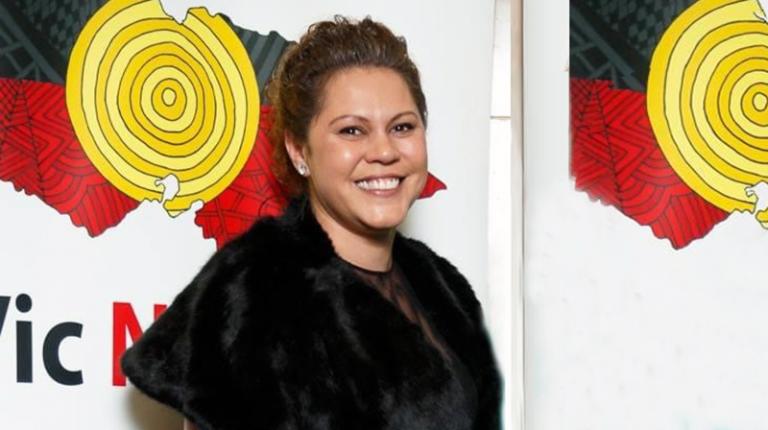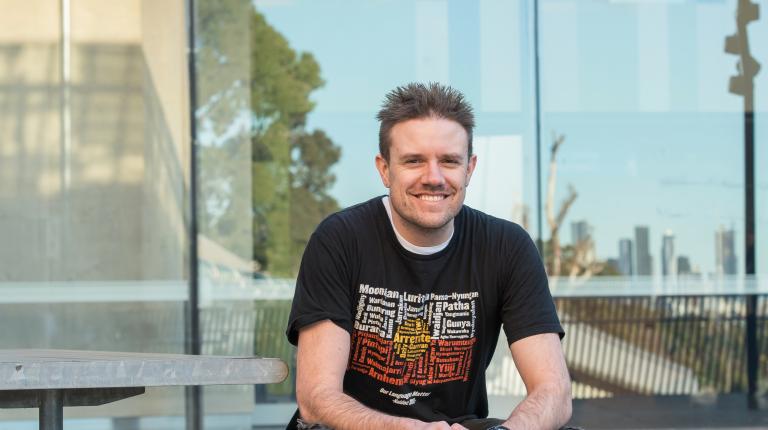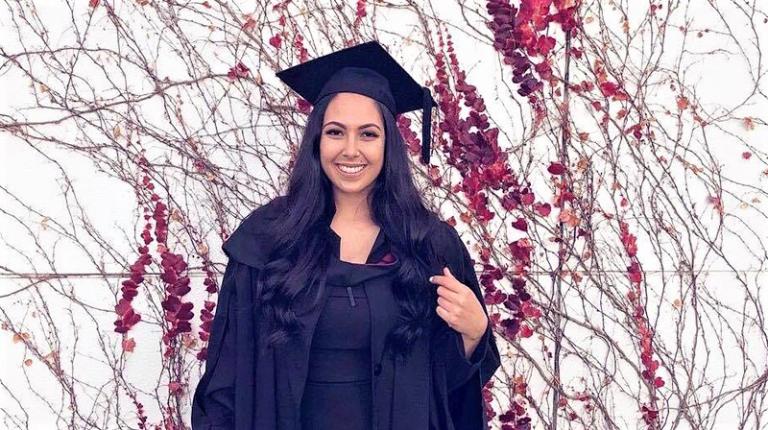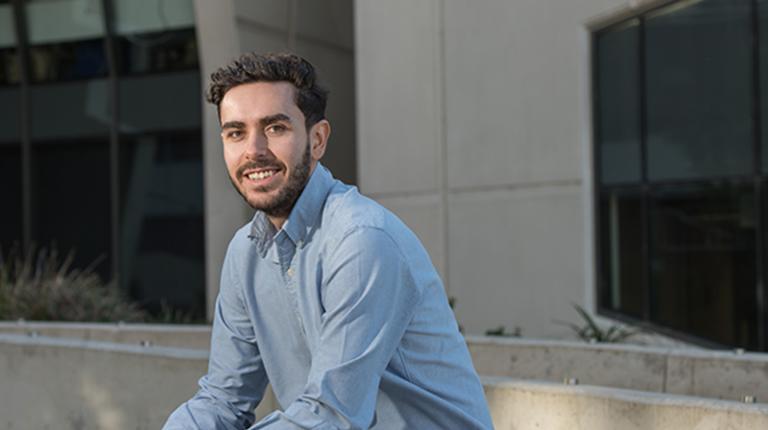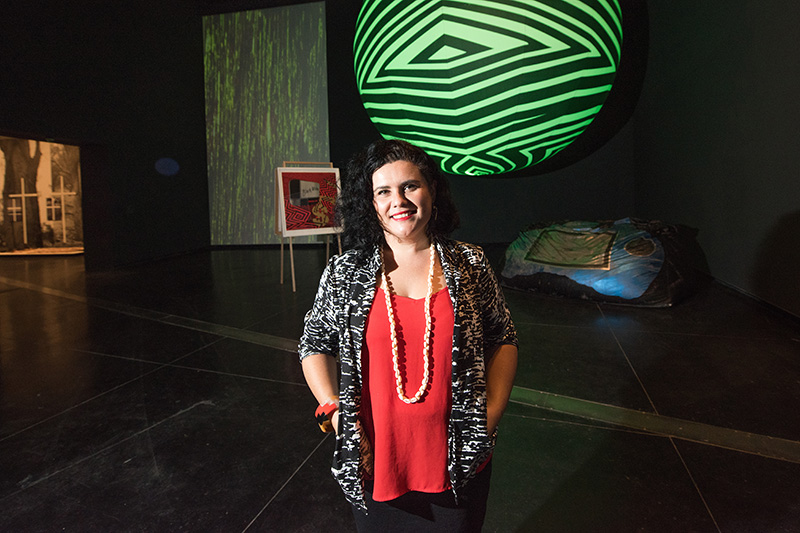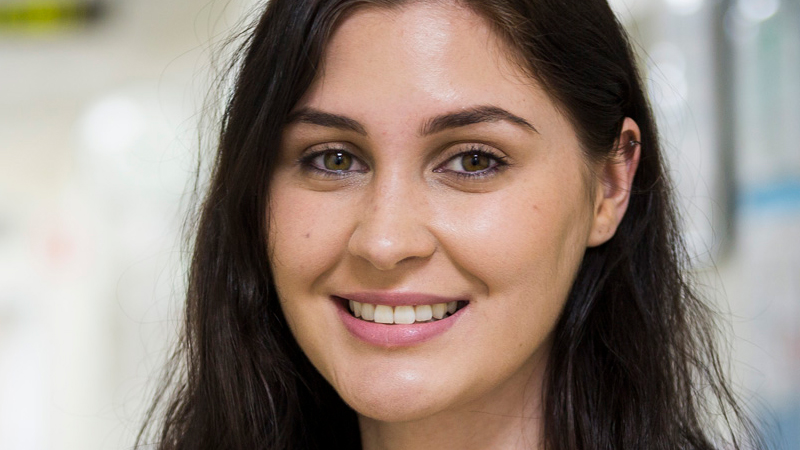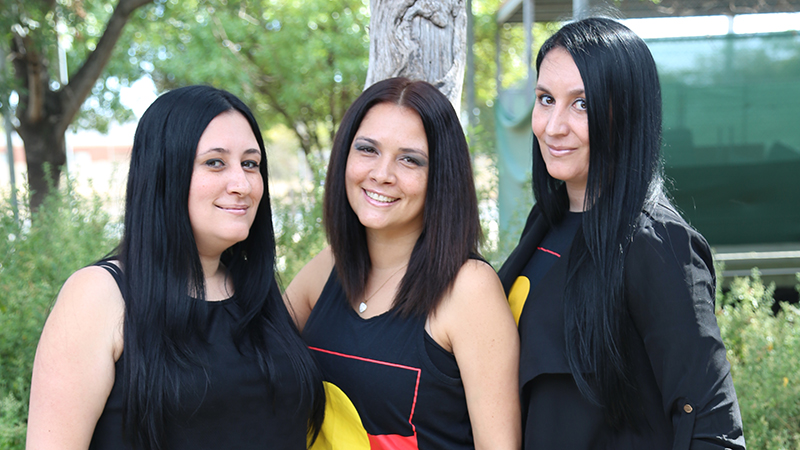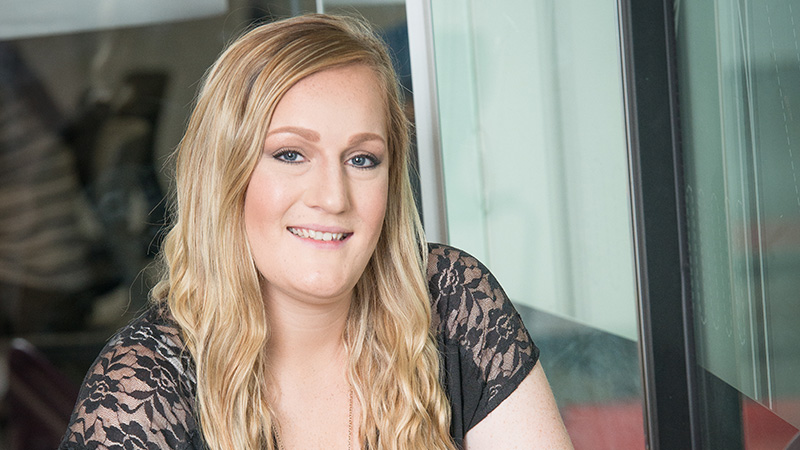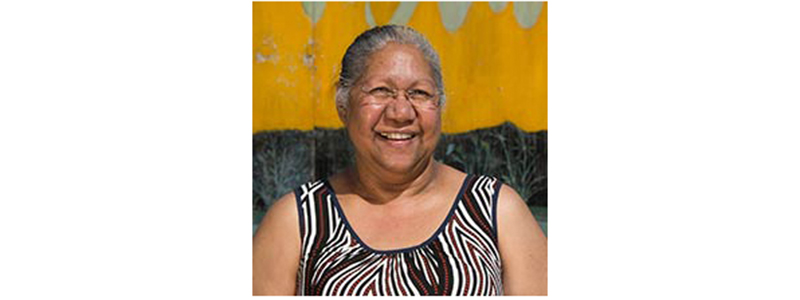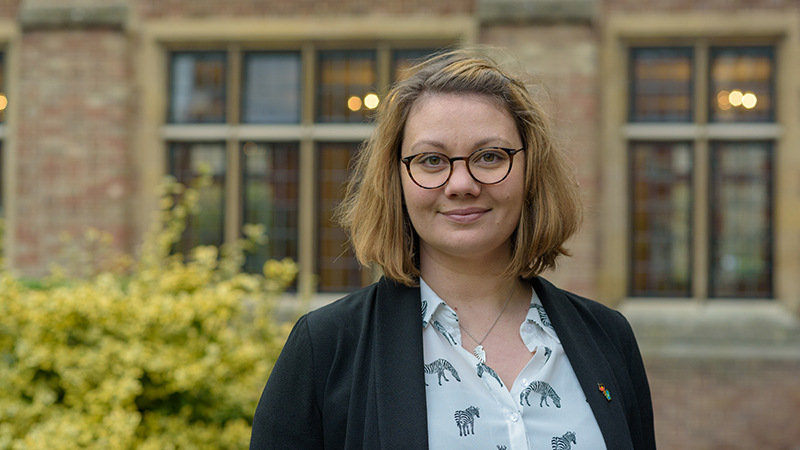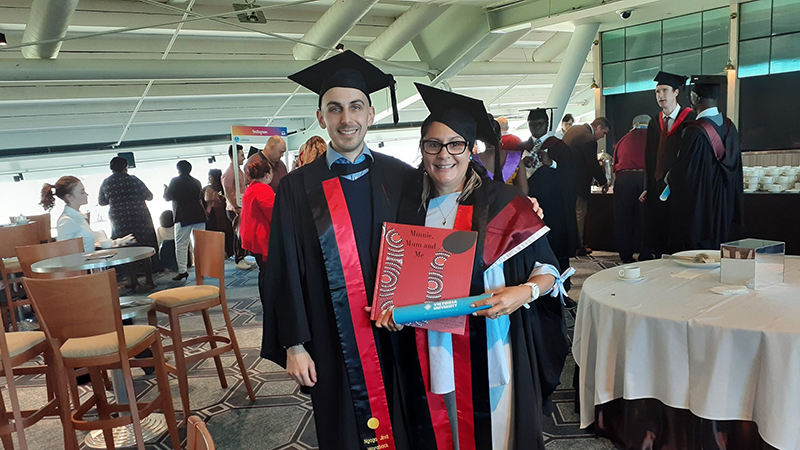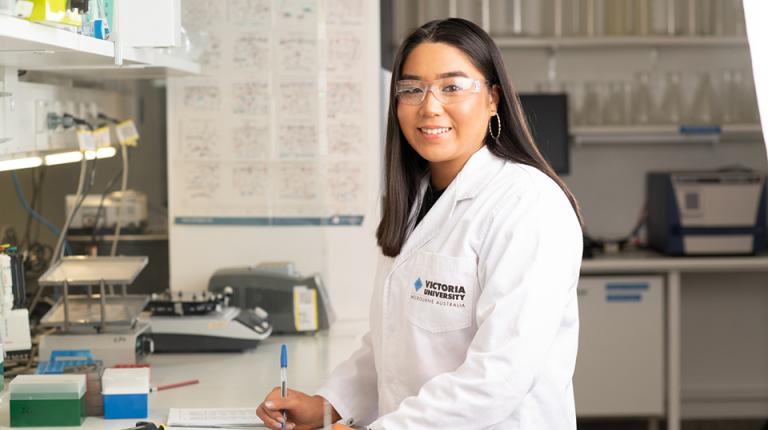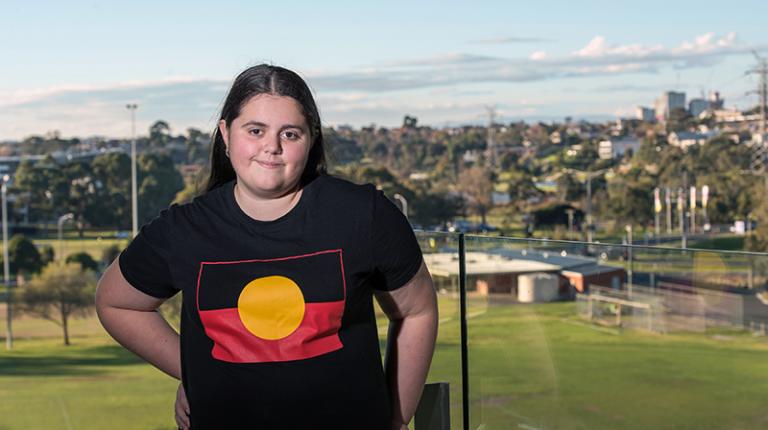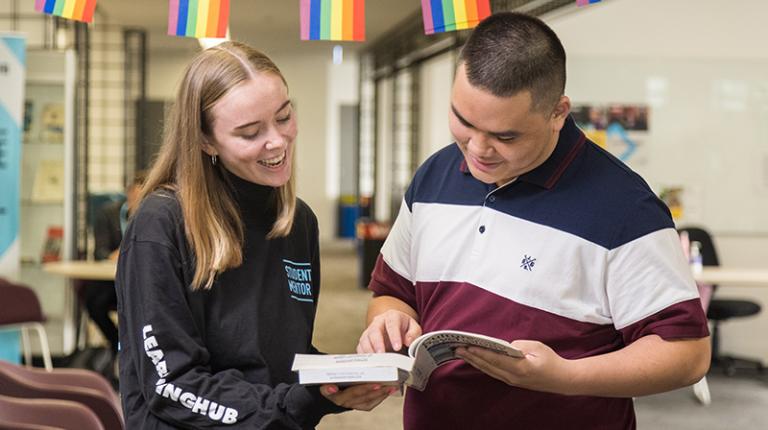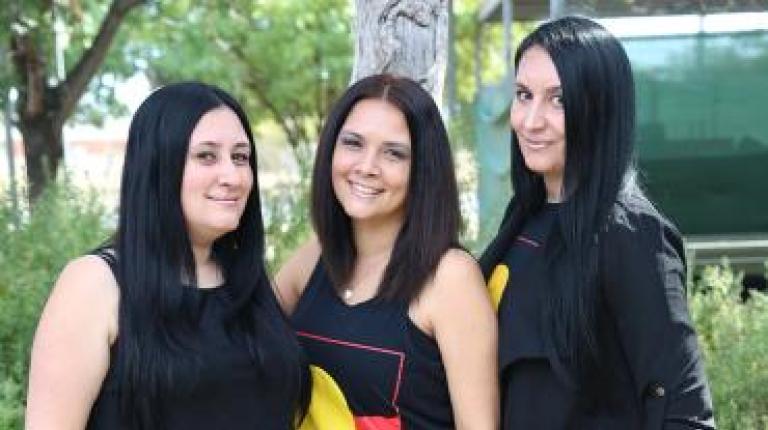Werte (means hello in Arrerente) my name is Kath Apma (Penangke) Travis I am a proud Imarnte woman of the Arrernte people of Central Australia and a stolen generation survivor.
I fell into attending Uni by accident. I had never been to Uni before, nor did I think I could do so. A chance meeting with the Director Karen Jackson (KJ) of Moondani Balluk Academic Unit gave me the opportunity to explain my family research and share my story – one I thought I would like to write a book about. I had a story, so why not share it?
I began the Bachelor of Arts (Honours) in 2018 part-time, as I work full-time for the Department of Justice and Community Safety. From the onset I decided to complete the course creatively. This meant I could do a creative piece of work complemented with an exegesis (a mini thesis). My exegesis was titled 'Child stealing, family, intergenerational trauma & The Black Headed Snake' and my creative work was a family her-storical biography.
My first three weeks were horrendous. It was like learning a new language. The words and terminology were difficult to understand; classes were in a large theatrette, and only a handful of students – who were all as young as my own children. Many visits were needed to Moondani Balluk Academic Centre for support, none more so than one in my third week, when all I could do was cry – challenged about whether I was even capable of undertaking this ginormous task. The support was amazing and on-going. In my second year I had a supervisor, the amazing Tony Birch. The door was always open when I ran into a trouble spot, or had a question about my research or writing. He consistently allowed my paper to be my own work and steered me in the right direction whenever he thought I needed it; but most importantly he was invested in the story and he believed in me.
I had many experiences along the way that included five years of research and two years writing a book. Researching the history of my family has taken to me to many places in two Territories and three States. I have met some amazing people, some of whom have become lifelong friends. I’ve been to more cemeteries, museums and State libraries than I can recall. I’ve handled historical diaries, read newspaper clippings, learnt about Trove and National Archives. I’ve met authors, historians and researchers I even presented at the National Historical Association Conference in Canberra as a non-academic – I think I am an academic now though! I’ve been to lectures and book launches.
My book is titled Minnie, Mum and Me - the Black Headed Snake. It is a deeply personal story and I wrote it for my family. To be honest I didn’t think anyone outside of family would be interested – I have since changed my mind. Our story is one that has significance for the history of this country. It is complex and untold; it is also personal and political and tells of the forcible child removal through race-based Government policies, and includes how we five women in my family over three generations were enslaved and put into institutions or adopted to non-Aboriginal families. The book was created as a family cultural artefact.
I have gained a stronger understanding of white frontier violence, the dispossession of ancestral lands, child removal and institutionalisation and adoption. I received A1 Honours results – deadly for a first-time Uni student. I loved the experience of researching with support, learning in an academic way and to having the ability to talk the truth, to have my voice heard where it hadn’t been heard before.
I have now been awarded the Lisa Bellear Academic Scholarship to complete my PhD that will extend from my Honours work. This new journey of study will allow to me further research and identify new and innovative evidenced-based methods to regenerate new songlines based on Aboriginal traditions that address intergenerational trauma through healing practices.
I will draw on my own lived experiences and personal narrative, archival sources and interviews and seek to work with a range of First Peoples who may want to engage in the creation of family and community artefacts. Bring on 2020.

